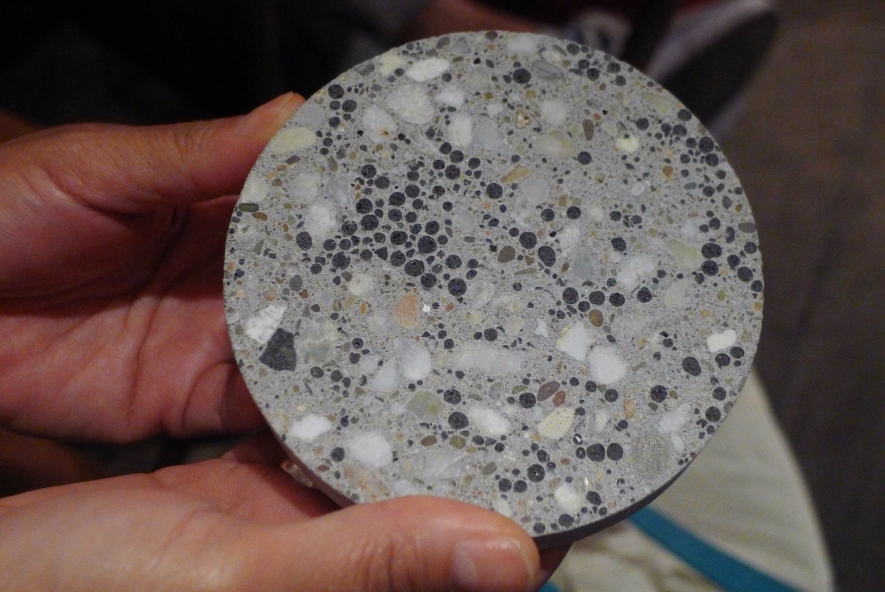A team of landscape architects from the Faculty of Sciences of the University of Porto (FCUP) will explore and test a set of biomaterials and biomimetic materials (which simulate living systems) that could be alternatives to traditional materials of fossil origin or CO2 emitters in their manufacturing process.
The focus is to evaluate its potential for use in construction and thus contribute to greater sustainability. The motto is set by the Erasmus + Co-Coon project – Co-creating greener futures.
One of the 16 materials under study is bioconcrete, a mixture of traditional cement with bacteria in its composition, capable of repairing cracks in a few weeks. These bacteria can live in this material for more than 100 years.
“FCUP’s role is to help identify these biomaterials, but above all to bridge the gap with their possible application in the design of outdoor spaces. We will work on the design of the various solutions and prototypes”, says José Miguel Lameiras, landscape architect and FCUP professor responsible for the project at the Faculty of Sciences.
It will then be the mission of FCUP, which also includes Paulo Farinha Marques, Teresa Portela Marques and David Campos on the team, to test the use of these materials, for example, in urban environments such as parks, gardens, squares and tree-lined streets.
This project aims to bridge the gap between industry, education and society and reduce waste, as these materials are intended to support circular economy processes. This, in fact, is the logic of biodesign that will be the main focus of this project, within which modules will be developed and applied in pilot projects.
The team is multidisciplinary, involving people from the areas of management, design, architecture, landscape architecture, circular economy, creative technologies and education.
Led by ISMAT – Instituto Superior Manuel Teixeira Gomes, in Portimão, this Erasmus+ project has funding worth 1 million euros and also includes as partners the University of AALTO, in Finland, FABLAB Reykjavikk, in Iceland and the Instituto Avançado of Architecture of Catalonia (IAAC), in Spain. There are also two affiliated institutions: the Pontifical Catholic University of Rio de Janeiro, Brazil, and the University of Newcastle, in the United Kingdom.




















Comments